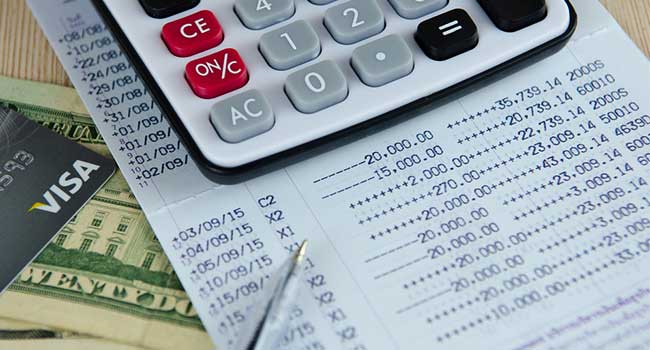
Is your Bank Teller your Biggest Threat?
- By Sydny Shepard
- Feb 02, 2016
If you were asked to imagine up a scenario in which a bank was robbed, would it include men with masks holding people hostage and demanding money from a teller at gunpoint? I believe that would be image most people would conjure up, but today the biggest threat to your bank account could be on the other side of the counter.
As concerns over identity theft and cybersecurity rise, customers tend to be unaware of the growing threat just around the corner: bank tellers and managers who have instant access not only to their critical person information, but also to their cash.
Most of the focus these days has been place on bank fraud and the sophisticated hackers who commit the crime, but it is the more dull figure of the teller behind the window who should worry you most.
A.T.M.s, direct deposit and electronic banking has diminished the role of a bank teller, to the point that their work is now low paid and, prosecutors say, occasionally criminal.
Rich and elderly bank customers are particularly at risk, when tellers and other retail-brand employees tap into accounts to wire funds without authorization, make fake debit cards to withdraw money from A.T.M.s and sell off personal information to other criminals. Accounts with high balances and those with direct deposits of government funds, like Social Security payments, are especially coveted.
Last year, a teller in White Plains, New York was sentenced to six years in prison for her role in an identity theft ring that stole $850,000 from bank accounts. Another New York teller in 2014, was sentenced for gaining access to seven accounts and passing customer information to a co-conspirator who drew checks on the accounts.
Elsewhere, a Pennsylvania teller was caught withdrawing money from accounts while a Manhattan teller was sentenced for using information to receive tax refunds that he routed himself. A former Connecticut teller took cellphone photos of account information and used that to cash fraudulent checks and a former Virginia credit-union teller took out loans from the union in customer’s names. The money she stole ultimately led to the credit union’s collapse.
Bringing charges against these tellers and low-level managers can be challenging because of the banks’ lax security controls and gaps in regulation. Despite their importance, the tellers and managers are not subject to background checks.
Under laws passed in the aftermath of the Sept. 11 attacks, banks are required to thoroughly vet their customers and closely monitor accounts to detect any suspicious activity. The same level of scrutiny does not always apply to the tellers, according to prosecutors. Sometimes, little more than a basic criminal-background check is performed.
For now, banks generally address the issue by reimbursing customers for any losses.
About the Author
Sydny Shepard is the Executive Editor of Campus Security & Life Safety.